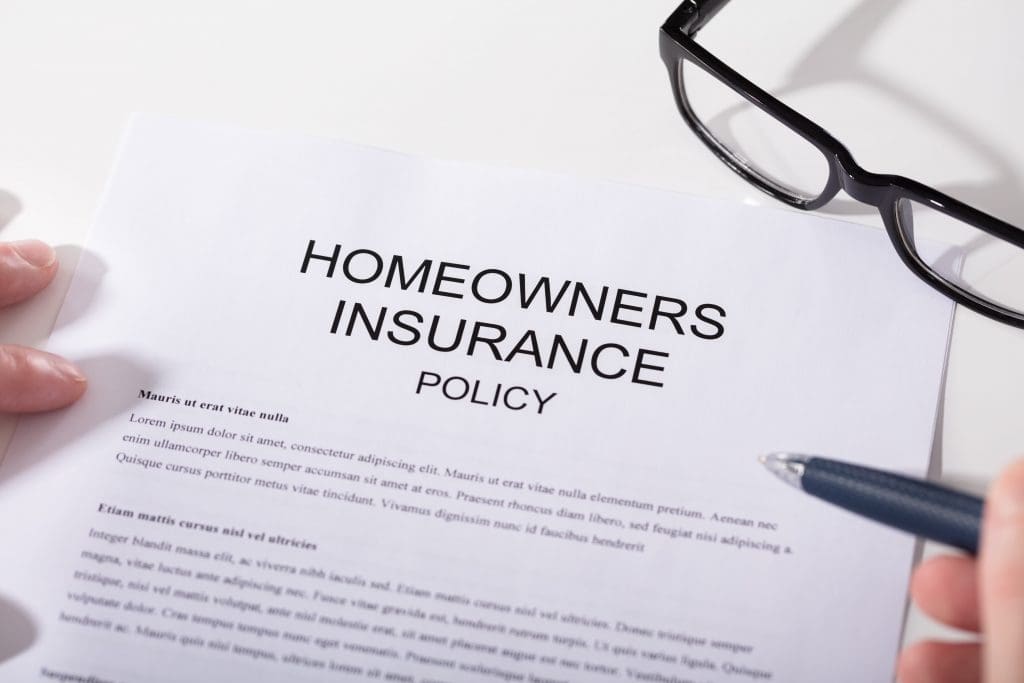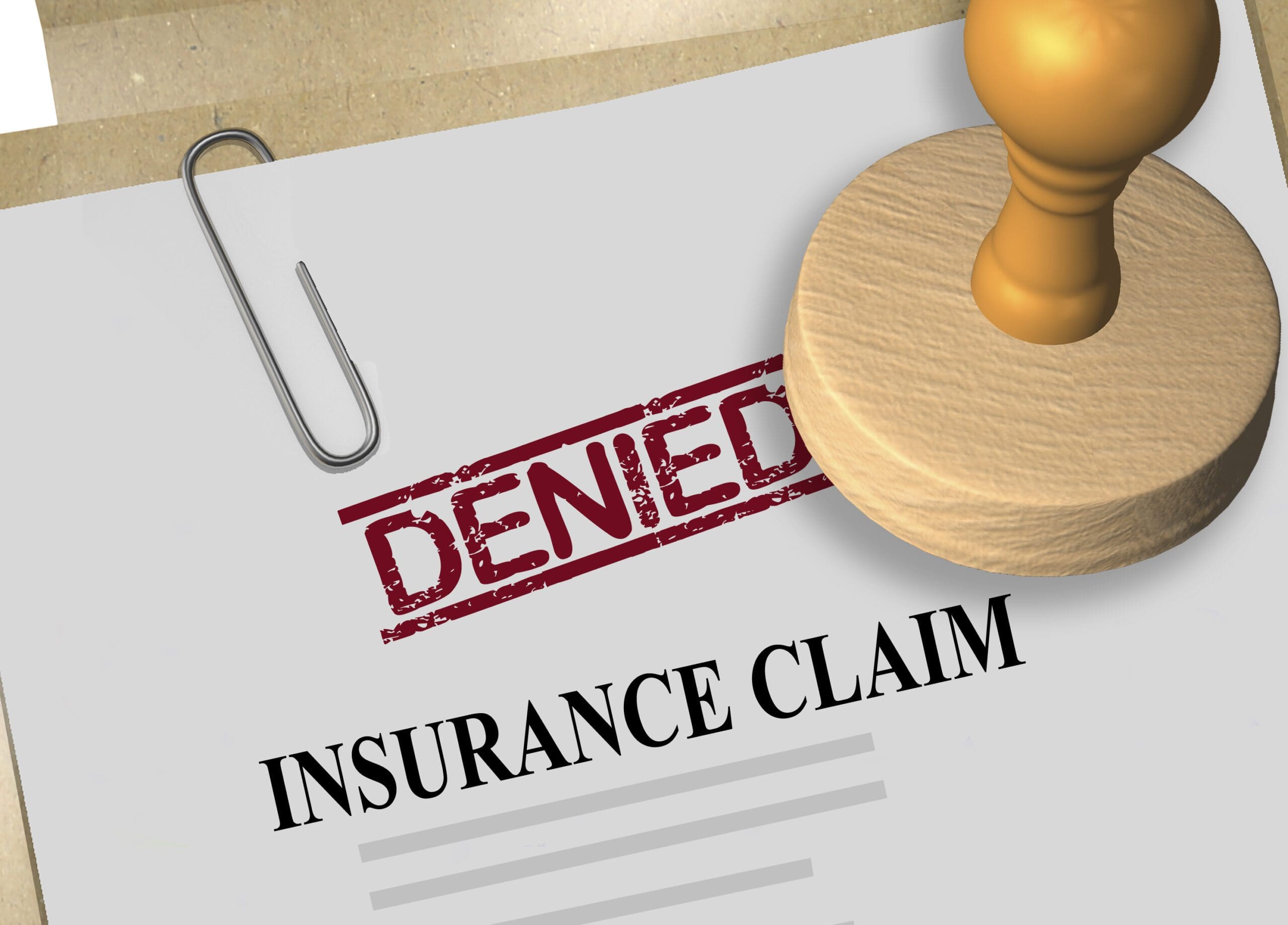Your home is a peaceful citadel where you share laughs and unforgettable memories with loved ones. It also provides shelter from harsh weather conditions and security from conniving burglars. Unfortunately, it could get seriously damaged in case there’s a fire or vandals attack the residence. That’s why it is crucial to get a home insurance cover that will protect you against such perils.
In case your insurance claim gets denied, you could hire an insurance attorney to help you file an appeal. However, avoid acting emotionally since doing so may not end well.
Here are 3 things to do once your home insurance gets denied:
1. Figure out why your claim was rejected
Rather than getting hot headed, try maintaining a clear head as you figure out what could have caused the insurance company to reject your claim. Normally, any insurance firm will deliver a written notice upon rejection of a claim. When you get hold of such a notice, examine it very carefully and look for incongruities by comparing it to your particular policy. If the denial seems dubious, don’t hesitate to seek for clarification.
There could be a wide assortment of factors that could have caused an insurance company to deny your claim. Sometimes, it could crop up due to simple clerical errors that can be avoided. Always double-check all your documents and paperwork to ensure that all crucial information concerning your home is included. More importantly, avoid reporting incorrect info.
2. Check the homeowner’s policy

Your policy highlights the nature and extent of insurance coverage you ought to receive. Before you can file a home insurance claim, it’s crucial that you read your distinct homeowner’s policy to understand what exactly it covers. It’s not rare to get your claim rejected because you included a variety of perils/causes that aren’t really catered for by your policy. If you provide wrong or insufficient information regarding home damage, your insurance provider could also reject your claim application. Therefore, it’s important to jot down factual information unreservedly.
As you write your claim, try addressing any potential question that might pop up in the head of your claim adjuster. Review your policy time and again to ascertain whether there’s a valid reason for your claim denial. Apart from providing erroneous and inadequate info, your claim could also get axed because you disregard paying policy premiums.
3. File an appeal to dispute the denial
After much deliberation, you could decide to dispute the claim denial by filing a complaint. After all, they could have made an unfair judgment or the claims adjuster could have missed some key elements during his investigation. Filing an appeal isn’t a complicated process – you’re simply required to fill an appeal form offered by your insurance company. Ensure that your rebuttal is written separately before proceeding. In addition, request your trusted colleague to examine the case and point out any loopholes that could be easily spotted by the adjuster. Finally, find out when you’ll get a proper resolution.
A stitch in time saves nine. These few pointers will guide you through the proper ways to handle a claim denial by your insurance company.





